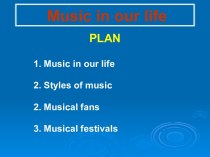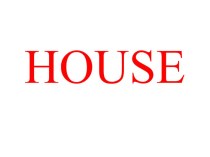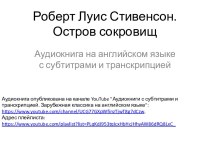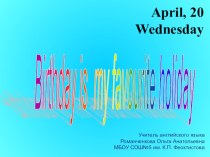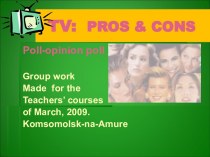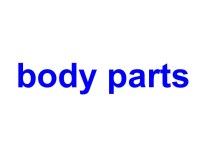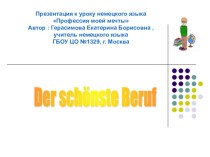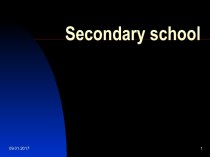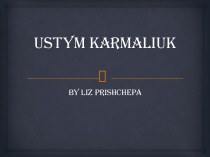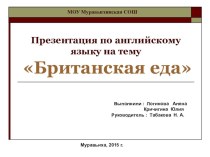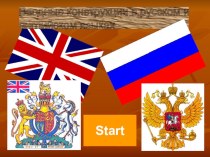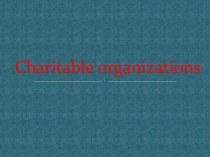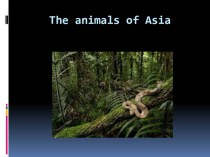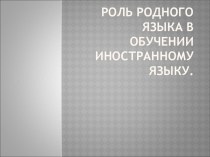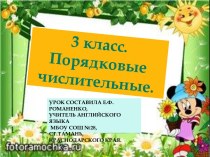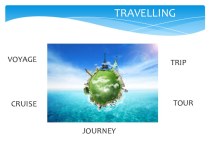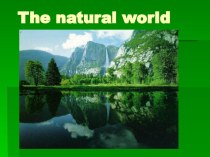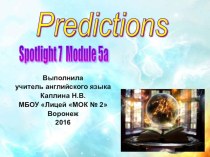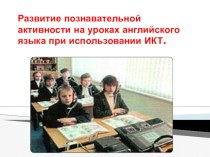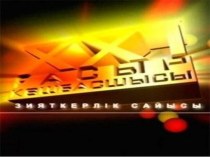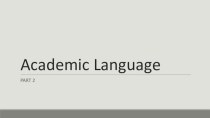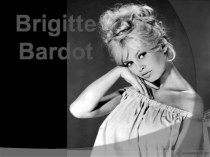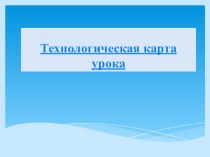- Главная
- Разное
- Бизнес и предпринимательство
- Образование
- Развлечения
- Государство
- Спорт
- Графика
- Культурология
- Еда и кулинария
- Лингвистика
- Религиоведение
- Черчение
- Физкультура
- ИЗО
- Психология
- Социология
- Английский язык
- Астрономия
- Алгебра
- Биология
- География
- Геометрия
- Детские презентации
- Информатика
- История
- Литература
- Маркетинг
- Математика
- Медицина
- Менеджмент
- Музыка
- МХК
- Немецкий язык
- ОБЖ
- Обществознание
- Окружающий мир
- Педагогика
- Русский язык
- Технология
- Физика
- Философия
- Химия
- Шаблоны, картинки для презентаций
- Экология
- Экономика
- Юриспруденция
Что такое findslide.org?
FindSlide.org - это сайт презентаций, докладов, шаблонов в формате PowerPoint.
Обратная связь
Email: Нажмите что бы посмотреть
Презентация на тему Economics
Содержание
- 2. The word economics or economy consists of
- 3. Various idea about economicsmoneybusinessinflationworkGovernments decisionBusiness manager decisionEvery days decision
- 4. For the history of economics. For the
- 5. ResourcesMATERIAL:HousingHeatingToolsNON-MATERIAL:TimeSpaceConvenience
- 6. Resources are limited, but our demand for
- 7. Areas of economicsMicroeconomics-science about business and peopleMacroeconomics-science
- 8. Types of economics CLASSICALValue of the goodsCost
- 9. THE FATHER OF MODERN ECONOMICSAdam Smith
- 10. What’s it good for?Positive economistsTryto explain the
- 11. EconomistsFormulate theoriesCreate economic modelCollect dataFrom this information,
- 12. Economics in our life.Advertising
- 13. Economics in our life.Money
- 14. Economics in our life.Shops
- 15. Economics in our life.Banks
- 16. Скачать презентацию
- 17. Похожие презентации
The word economics or economy consists of two Greek words household and law.So, economics is the science of household management
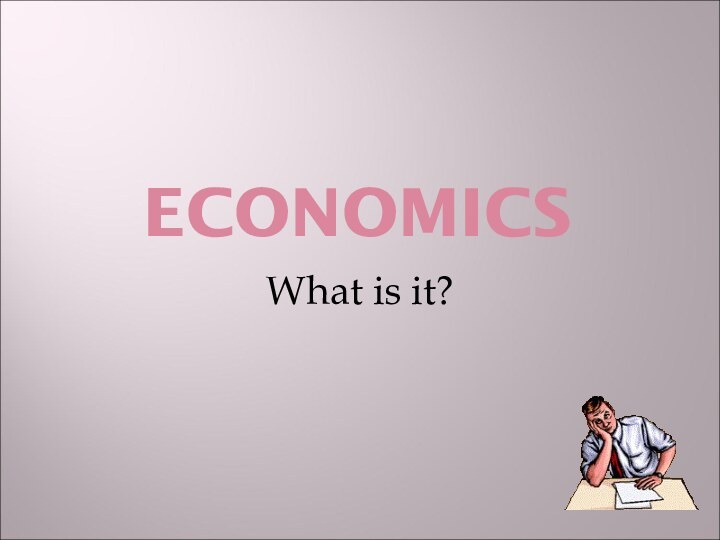

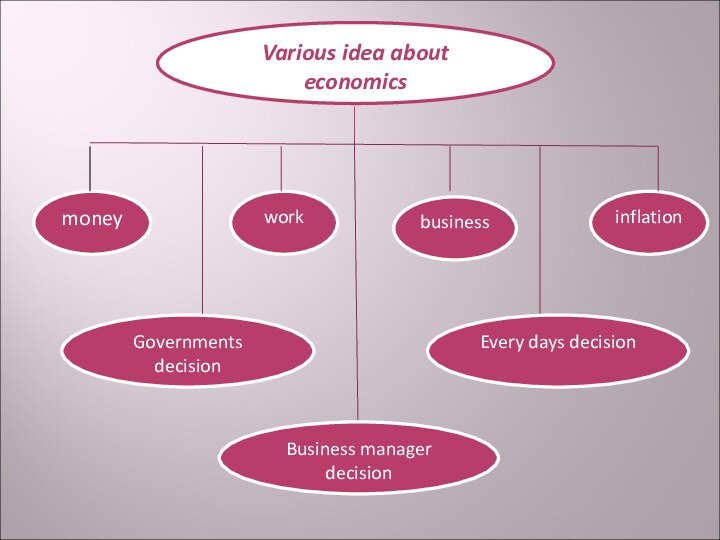
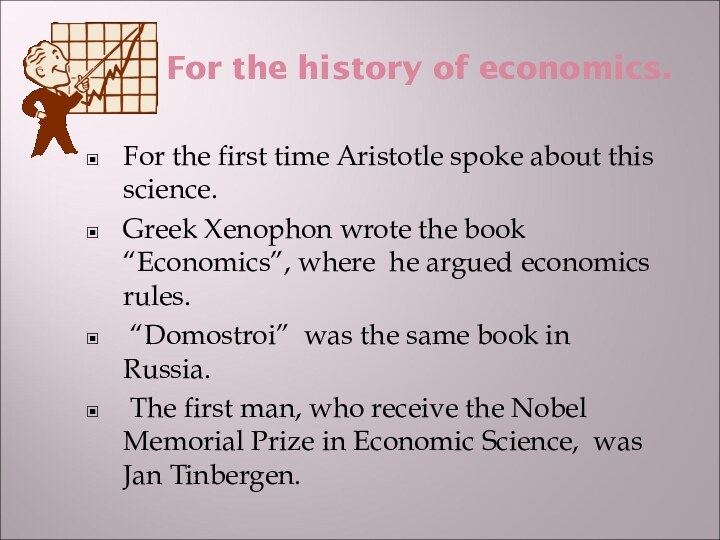
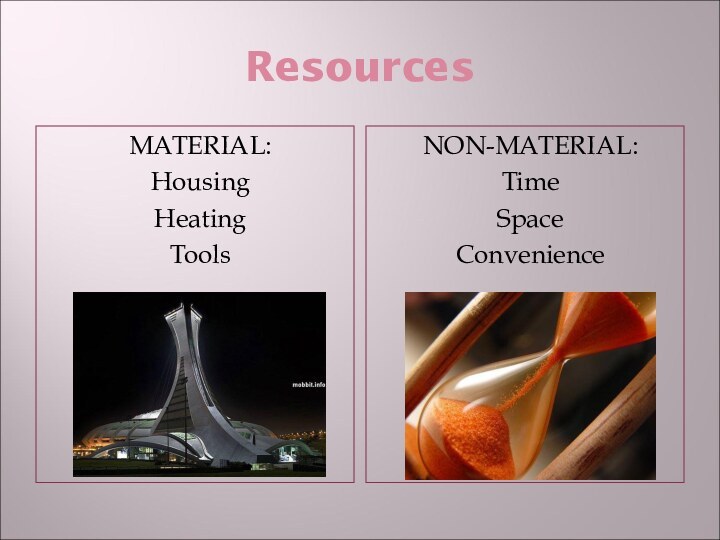
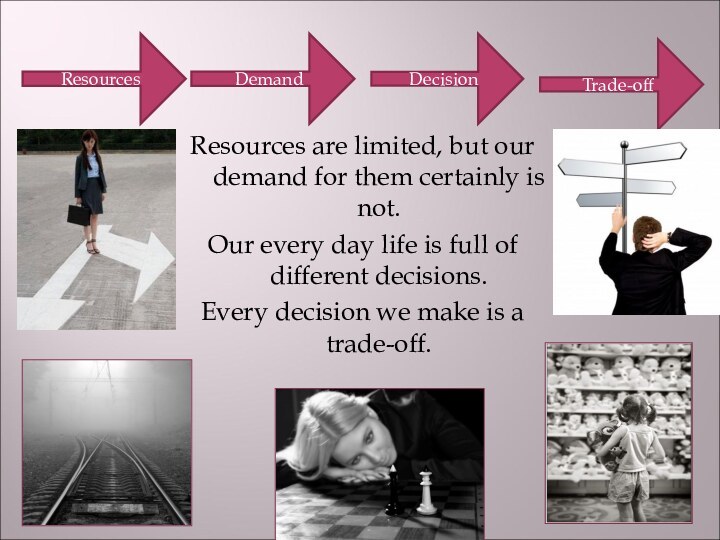
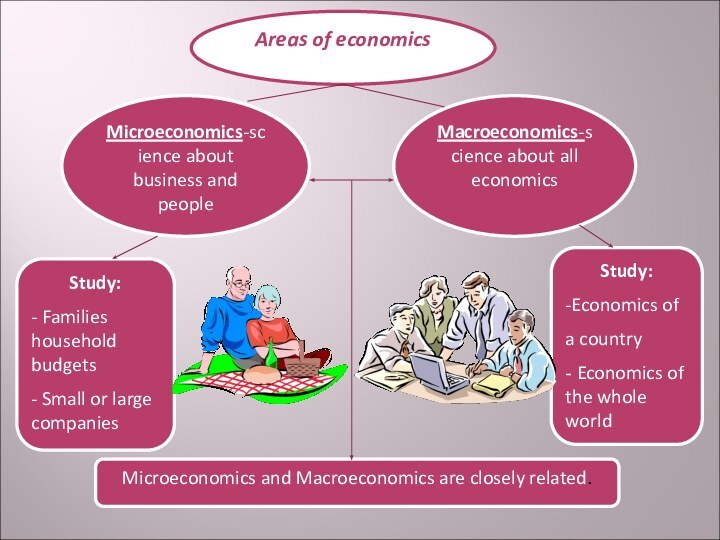
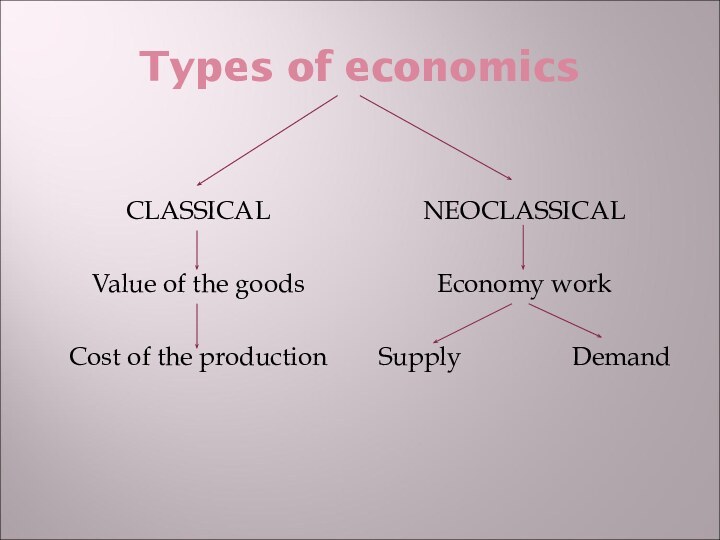
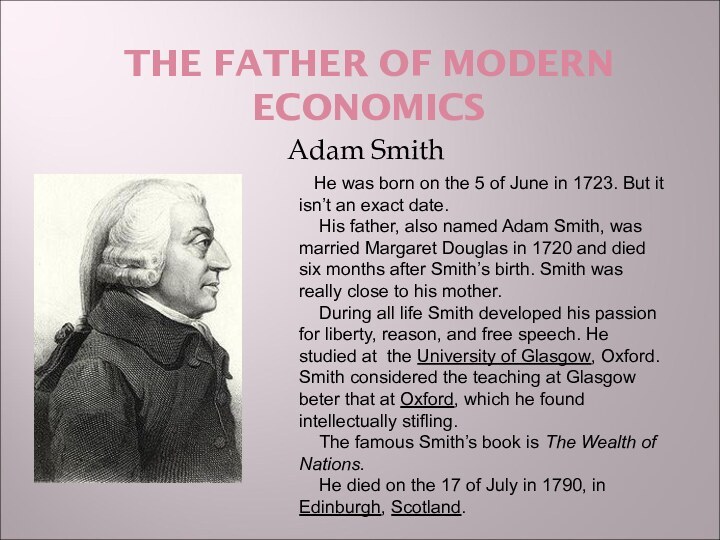
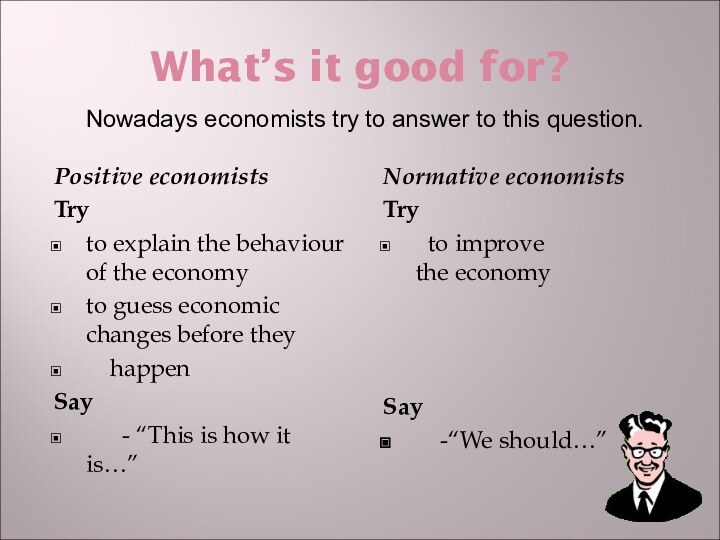
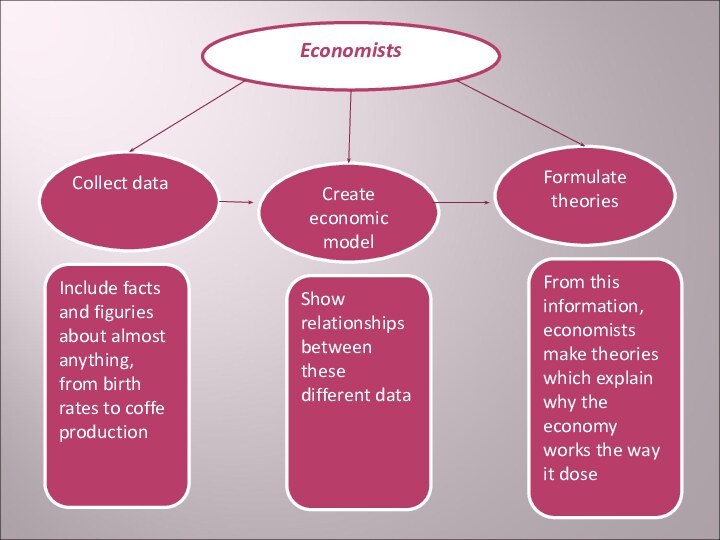
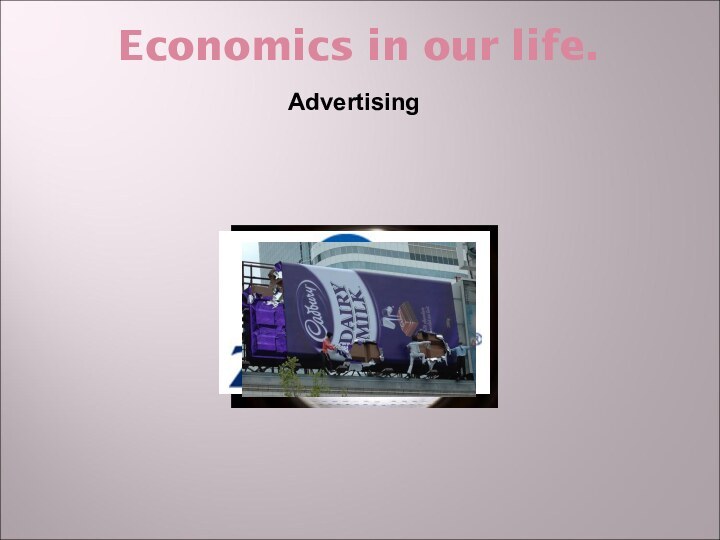
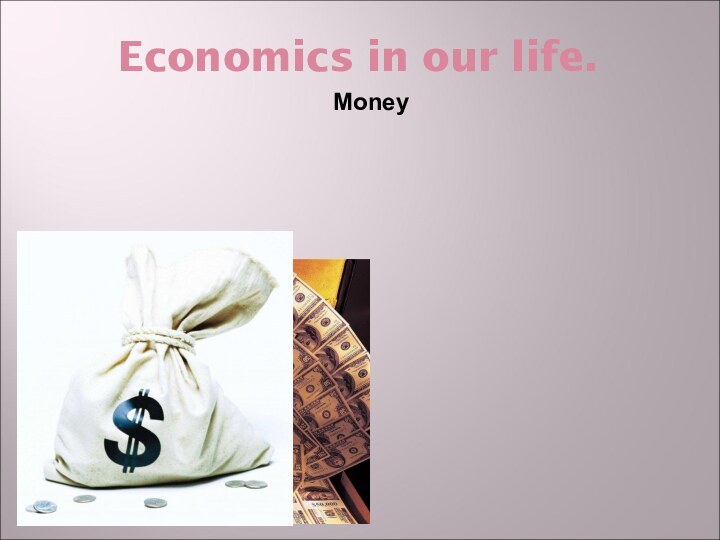
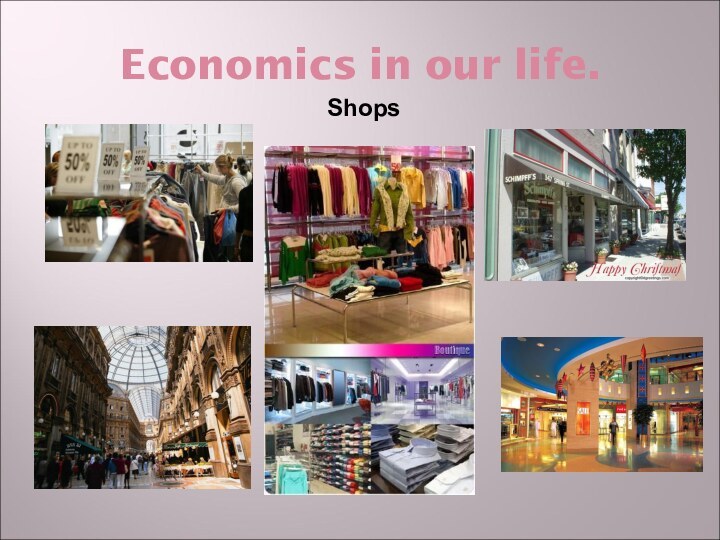
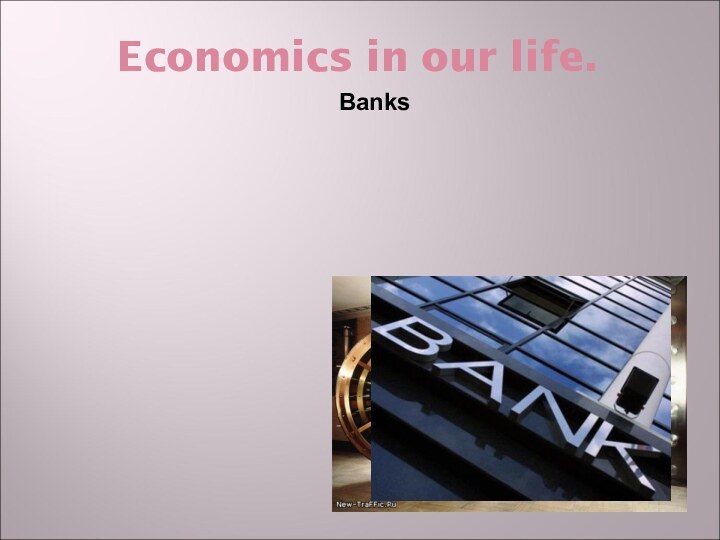
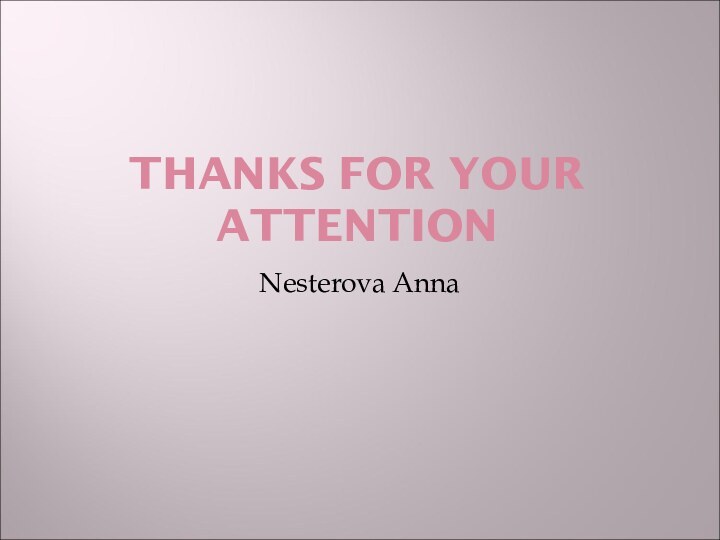
Слайд 2 The word economics or economy consists of two
Greek words household and law.
of household management
Слайд 3
Various idea about economics
money
business
inflation
work
Governments decision
Business manager decision
Every days
decision
Слайд 4
For the history of economics.
For the first
time Aristotle spoke about this science.
Greek Xenophon wrote the
book “Economics”, where he argued economics rules.“Domostroi” was the same book in Russia.
The first man, who receive the Nobel Memorial Prize in Economic Science, was Jan Tinbergen.
Слайд 6 Resources are limited, but our demand for them
certainly is not.
Our every day life is full of
different decisions. Every decision we make is a trade-off.
Resources
Demand
Decision
Trade-off
Слайд 7
Areas of economics
Microeconomics-science about business and people
Macroeconomics-science about
all economics
Study:
-Economics of
a country
- Economics of the whole
worldStudy:
- Families household budgets
- Small or large companies
Microeconomics and Macroeconomics are closely related.
Слайд 8
Types of economics
CLASSICAL
Value of the goods
Cost of
the production
NEOCLASSICAL
Economy work
Supply
Demand
Слайд 9
THE FATHER OF MODERN ECONOMICS
Adam Smith
He
was born on the 5 of June in 1723.
But it isn’t an exact date.His father, also named Adam Smith, was married Margaret Douglas in 1720 and died six months after Smith’s birth. Smith was really close to his mother.
During all life Smith developed his passion for liberty, reason, and free speech. He studied at the University of Glasgow, Oxford. Smith considered the teaching at Glasgow beter that at Oxford, which he found intellectually stifling.
The famous Smith’s book is The Wealth of Nations.
He died on the 17 of July in 1790, in Edinburgh, Scotland.
Слайд 10
What’s it good for?
Positive economists
Try
to explain the behaviour
of the economy
to guess economic changes before they
happenSay
- “This is how it is…”
Normative economists
Try
to improve the economy
Say
-“We should…”
Nowadays economists try to answer to this question.
Слайд 11
Economists
Formulate theories
Create economic model
Collect data
From this information, economists
make theories which explain why the economy works the
way it doseShow relationships between these different data
Include facts and figuries about almost anything, from birth rates to coffe production
